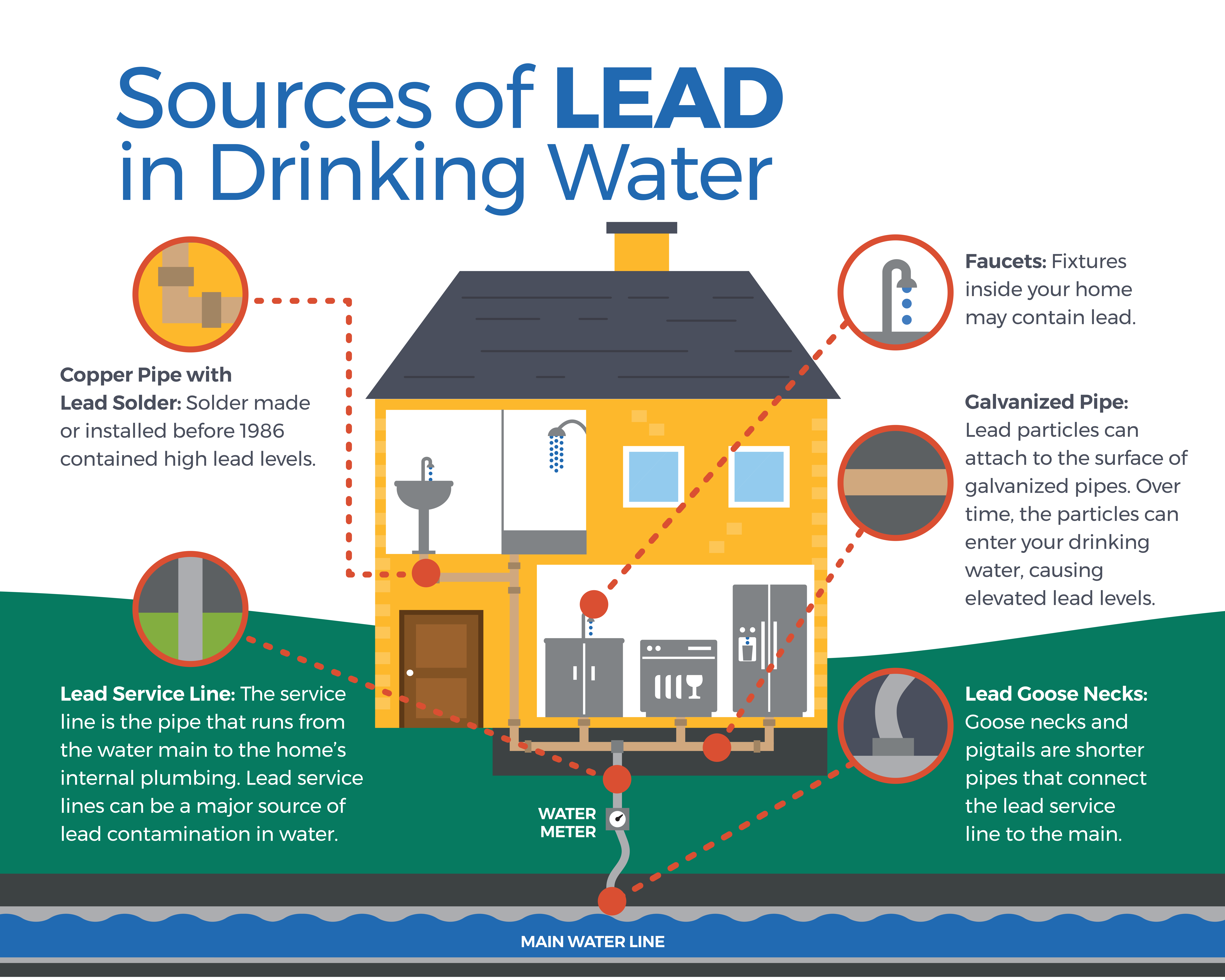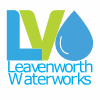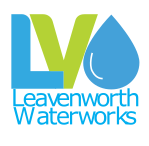Lead & Copper Rule Revisions
To fulfill the new federal requirements, Leavenworth Waterworks is asking residents to complete an in-home service line inspection. Please fill out the Lead & Copper Questionnaire to identify the service line material inside your home.
Please review the frequently asked questions listed below. Please contact John Hodgden, Distribution Manager, at 913.682.1513 ext. 311 or visit https://www.epa.gov/dwreginfo/lead-and-copper-rule for more information.
Use the link below to fill out a brief survey regarding the water service line material in your home.
Lead & Copper Questionnaire
What Are We Doing to Help?
As your water provider, we are doing the following to reduce lead exposure in our water system.
Verify Material
Conducting verification of service line materials including field inspections.
Inform Customers
Sharing results and any actions taken.
Reduce Lead
Executing projects to reduce lead in the water system.
Educate Public
Programs, maps, and informative tips used to educate residents.
Understanding the problem

Source: EPA
Who is at risk for lead exposure?
Infants and young children are most susceptible to the risks of lead exposure. The CDC state that “no safe blood lead level in children has been identified.”
Because they are growing, children’s bodies absorb more lead than adults do, and their brains and nervous systems are more sensitive to its damaging effects.
How do I know if my home has a lead service line?
Water Service line materials may be determined by a number of factors, including:
- The year your home was built
- The year your home or property first installed water service
- The year your plumbing was renovated, or a new home was built on the property
The installation of lead service lines was prohibited in 1986 and became effective in 1988. If you home was built after 1988 with a new water connection, you should not have a lead service line. Copper service lines became popular in the 1960’s so many homes built before 1988 do not have lead service lines.
Please fill out the Lead & Copper questionnaire to identify the service line material inside your home.
Check your Property’s Verification Status
Please visit lvnwater.com and review our Lead Service Line Inventory tool to find the verification status of your address.
How does the revised rule effect Leavenworth Waterworks?
Although Leavenworth Waterworks is compliant with the current LCR, the revised rule has a list of requirements all water systems will have to submit, including:
- Submitting an inventory of all service lines to KDHE by October 16, 2024, including both the public side and the private side.
- Sending an annual letter to customers served by a lead service line or a service line of unknown material.
- Sampling at schools and childcare facilities – sampling 20 percent annually for 5 years.
- Creating a lead service line replacement plan by October 2024.
Does Leavenworth Waterworks test for lead?
Leavenworth Waterworks drinking water consistently meets or exceeds all state and federal standards for safe drinking water. Hundreds of tests are run throughout the water system from raw water to finished water.
Leavenworth Waterworks publishes the Water Quality Report that shows the sampling results for the system on an annual basis.
What are the effects of lead?
Lead has acute and chronic impacts on the body. Lead exposure causes damage to the brain and kidneys and may interfere with the production of red blood cells that carry oxygen to all parts of the body.
What do I do if I have a lead service?
Even if you have a lead service line, Leavenworth Waterworks corrosion control and water treatment practices ensure your drinking water is safe and of high quality. However, replacing your service line is the best way to ensure lead particles never get in your drinking water.
If you have a lead service line, Leavenworth Waterworks recommends you use a certified water filter to remove lead and maximize the safety of your drinking water or when preparing infant formula and food where water is used. You may use non-filtered water for all other uses like showering, dish washing, laundry, brushing teeth, and irrigation.

What is a service line?
The service line connects the water main to the property. The water utility owns the utility owned portion of the service line and the customer owns the customer owned portion of the service line.
Lead Service Line Map
Search your address to find information about your service line.

